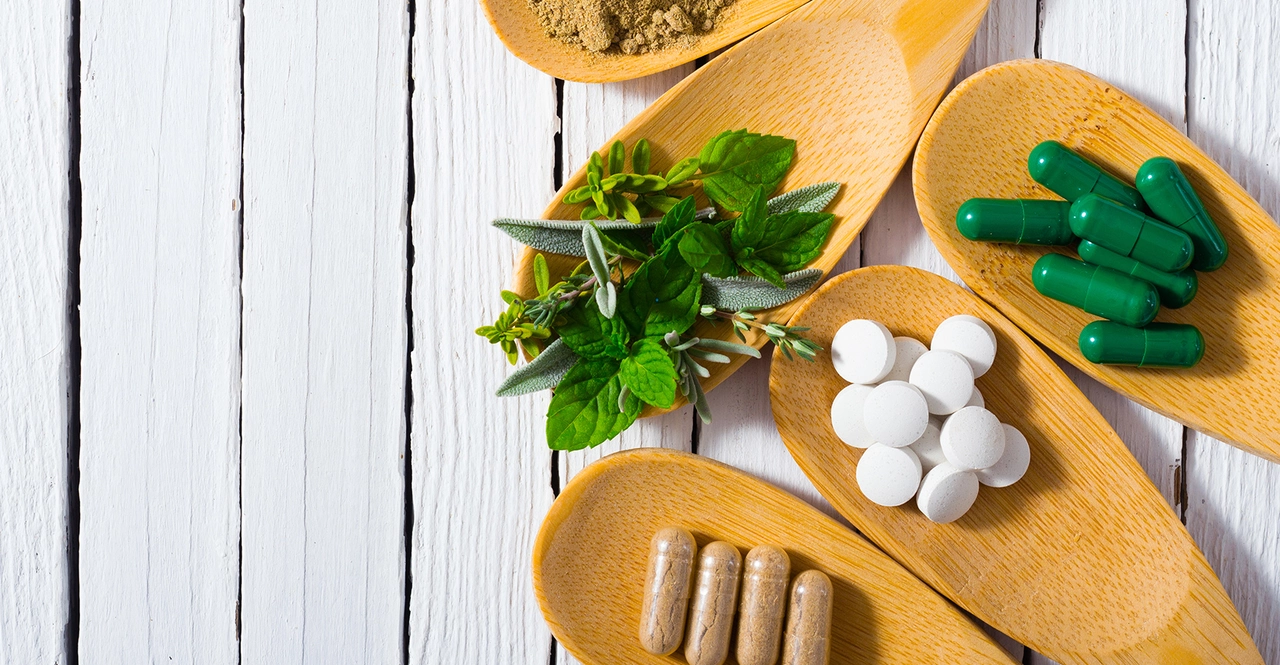Parsnip supplements: what they do and who they help
Parsnips are an old-school root veg that quietly packs fiber, potassium, and a few unique plant compounds. Parsnip supplements concentrate those parts into powders, capsules, or extracts so you can add the root’s benefits without cooking every day. If you like simple health moves—better digestion, steadier energy, cleaner blood sugar response—parsnip supplements might be worth a look.
What parsnip supplements usually contain
Most products come as dried root powder, standardized extracts, or capsules filled with powdered root. Key components you’ll see on labels include fiber (often prebiotic inulin), vitamin C and folate traces, potassium, and various plant antioxidants common to the carrot family. Some makers also blend parsnip with other roots or greens to boost taste and nutrient variety.
Because parsnip powder is a whole-root ingredient, it delivers both soluble and insoluble fiber. That mix helps feed friendly gut bacteria and supports regular stools. The prebiotic fiber in parsnip is the main reason people try supplements instead of just eating the cooked root.
How to use parsnip supplements and pick the right one
Want simple rules? First, try food: roast or mash a parsnip, and see how you feel. If you want something more convenient, powders are great in smoothies, soups, or baking; capsules suit a busy lifestyle. Look for products that list only the root (or a short, clear ingredient list) and avoid added sugars, fillers, or artificial flavors.
Check for third-party testing (USP, NSF, or an independent lab), and pick organic when possible to lower pesticide exposure. If the label promises a specific fiber amount or a standardized extract, that gives you predictability—useful if you track doses.
Start with the maker’s recommended dose and increase slowly. Fiber can cause gas, bloating, or cramping if you jump in too fast. Drink extra water as you add fiber so things move smoothly.
One more safety tip: talk with your provider if you take potassium-altering drugs, potassium-sparing diuretics, or medications for blood sugar control. Parsnip itself isn’t a drug, but concentrated supplements change nutrient intake and occasionally interact with conditions or medicines. Also check if you’re pregnant, breastfeeding, or have a food allergy to members of the carrot family.
Practical ideas: stir a tablespoon of parsnip powder into a morning smoothie, mix a scoop into soup for a creamier texture, or swap in the powder when a recipe asks for some mashed root. Capsules work well if you travel or don’t like the taste.
Parsnip supplements aren’t magic, but they’re a handy way to add fiber, mild potassium, and prebiotic support to your day. Start small, read labels, and favor simple, tested products. If you’re curious, try food first and use supplements as a backup.

The Science Behind Parsnip Supplements: What Makes This Dietary Aid So Effective?
I recently came across an interesting topic about parsnip supplements and the science behind their effectiveness. It turns out that parsnips are packed with essential nutrients, like vitamins, minerals, and antioxidants, which can provide numerous health benefits. For instance, these supplements can aid in digestion, boost immune function, and even help in weight management. I was pleasantly surprised by how versatile this humble root vegetable can be in supporting our overall health. If you're looking for a natural dietary aid, you might want to consider giving parsnip supplements a try!
